Advertising industry players are giving mixed reviews on the Ontario government spending $75 million CAD to air an anti-tariff advertisement during Major League Baseball playoff games in the U.S., including the World Series Game 1 tonight. The ad—previously receiving a ringing endorsement from Premier Doug Ford—raised the ire of U.S. President Donald Trump on Thursday night. He announced the U.S. was terminating trade negotiations with Canada because the country was “trying to illegally influence the United States Supreme Court,” which will be reviewing the legality of the Trump administration’s emergency tariffs in early November.
“Through all the bluster, this anti-tariff spot is the Pepsi Challenge of public policy,” Toronto-based advertising agency Church+State founder Ron Tite told The Hub. The Pepsi Challenge was an effective advertisement campaign that engaged consumers directly in blind taste tests that made consumers part of the brand story.
“It’s pretty bold, fairly direct, and makes a clear claim on what the people prefer, not to mention former presidents,” Tite added, reviewing an ad meant to sway the U.S. populace rather than its politicians against levying their neighbours to the north. “Instead of marketers getting upset, it’s Donald Trump. Normally, that’s the sign of a good ad. Hated by some, adored by others. [The Ford government] knew exactly what it was doing, and I applaud their effort.”
The advertisement in question includes a 1987 recording of former U.S. President Ronald Reagan, a hero to many Republicans and a former president beloved by President Trump, who lifted Reagan’s “Let’s make America great again” campaign slogan for his own presidential runs.
“Over the long run, such trade barriers hurt every American worker and consumer,” Reagan says in part as the ad shows workers and shoppers struggling.
It’s official: Ontario’s new advertising campaign in the U.S. has launched.
— Doug Ford (@fordnation) October 16, 2025
Using every tool we have, we’ll never stop making the case against American tariffs on Canada. The way to prosperity is by working together.
Watch our new ad. pic.twitter.com/SgIVC1cqMJ
Crestview data scientist and senior consultant Hunter Knifton, who has placed political ad buys for many clients in the past six years, said the Ontario government’s $75 million ad-buy dwarfs typical political advertising within Canada.
“[Compared to domestic] political campaigns, it’s massive. During federal elections, during the break periods, the major political parties would spend a fraction of that…in a political context, particularly for a Canadian buyer,” Knifton explained.
For context, during the 2025 federal election campaign, the Conservative Party of Canada spent $22.7 million. (The Liberal Party of Canada’s election ad spend isn’t yet available on Elections Canada’s website as of writing.) In 2011-12, the Harper government spent $21 million advertising its economic action plan.
Premier Ford’s own party, Ontario’s Progressive Conservatives, spent $15.3 million on ads in their last election. Meanwhile, the Ontario Liberals and NDP shelled out $8.9 million and $8.5 million, respectively. In their previous ad campaign meant to shore up American support, the Ford government budgeted $52 million.
“The intended media spend for the campaign isn’t insignificant; it’s roughly the cost of running 10 Super Bowl commercials. Last year, Amazon was the biggest ad spender, shelling out $14.1 billion over 12 months, so making a dent in one of the world’s most saturated ad markets isn’t easy or cheap. But when paid media is supported by earned media, those dollars go significantly further,” Tite said.
The Toronto ad executive believes that the Ford government got a very good bang for its buck due to President Trump invoking the Streisand effect, amplifying the reach of the ad, after accusing Canada of cheating for “fraudulently” buying the “fake” ad in the U.S. Many American major news publications and networks reported the story.

U.S. President Donald Trump says he is terminating trade negotiations with Canada following new anti-tariff ads from the Ontario government that features the voice of former U.S. president Ronald Reagan. (Truth Social)
The ad campaign was supposed to run from October until the end of Jan. 2026 across Fox, NBC, Comcast, CBS, CNBC, ABC, and ESPN, to name a few. But earlier today, Ford said that while his office would be pausing the ad campaign on Monday, they would still air the spots during the first game of the Toronto Blue Jays-LA Dodgers World Series matchup.
Not all experts see a positive end result from the Ford government airing the exorbitantly expensive advertisement.
“When they first announced this and I watched the video ad, I thought, all this is going to do is tick off the president…it just seems like an ill-conceived strategy to convince them to drop these tariffs in a roundabout way,” said Knifton. “I just don’t see how you get to a positive end game [running this ad].”
Ford’s tune certainly changed from earlier in the week, when he said, “It’s probably one of the best ads I’ve ever seen.” The premier earlier in the month claimed he came up with the ad idea and told his deputy chief of staff they should take Reagan’s words and “blast it to the American people.”
If the political ad ends up derailing a resolution to U.S. sectoral tariffs on Canada long-term, Ontario will almost certainly feel the brunt of it. Ontario has suffered factory layoffs and closures, declining exports, and weakened manufacturing output as the Trump administration’s recent sectoral tariffs on Canada disrupted key industries, especially auto, and strained the province’s economy.
“Closing auto plants is becoming a weekly occurrence in the Ontario economy,” Philip Cross, former Statistics Canada chief economist and Fraser Institute senior fellow, told The Hub. “This is not helping at all…Ontario’s economy is the most underperforming in Canada at the moment, and it’s going to get worse before it gets better. Until we get a deal, it’s going to continue to deteriorate.”
Was Ontario's $75M ad spend a smart gamble or a costly misstep?
How does this ad spend compare to typical Canadian political advertising?
What are the potential economic consequences for Ontario from this ad campaign?
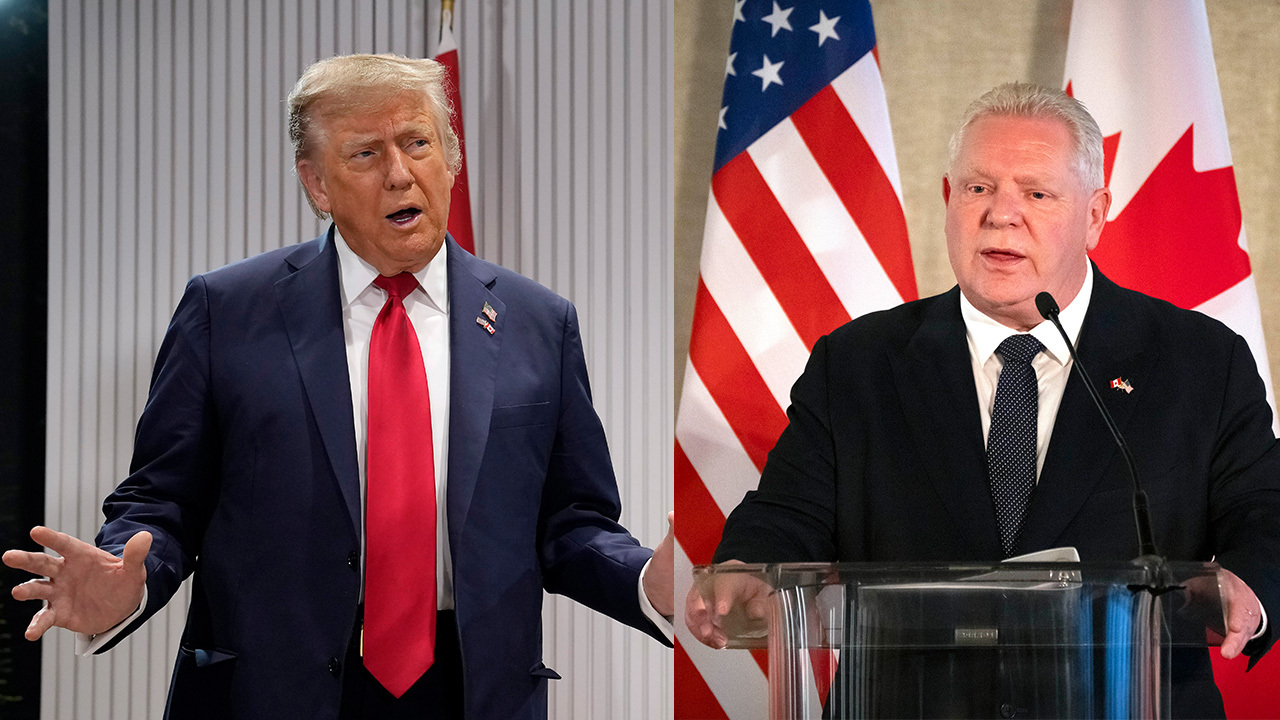




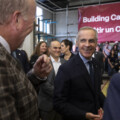
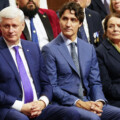
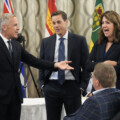
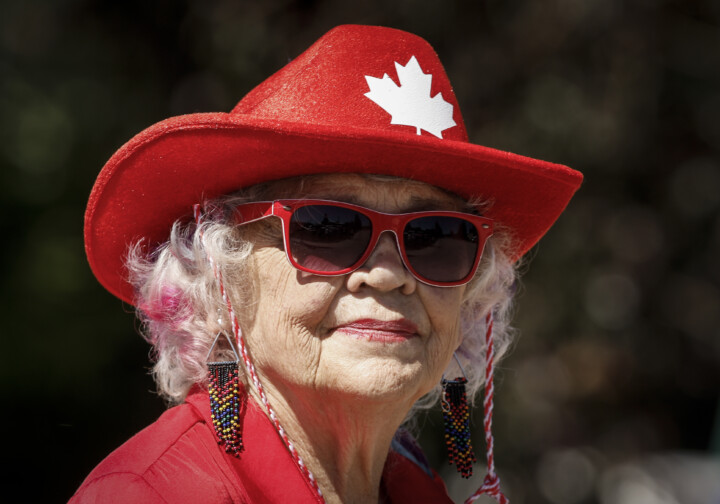

Comments (2)
Trump is a wolf when it comes to trade and tariffs. Ford’s add is like throwing a piece of red meat directly under his nose. What did Ford expect the wolf to do? Announce that he had been convinced to become a vegetarian?